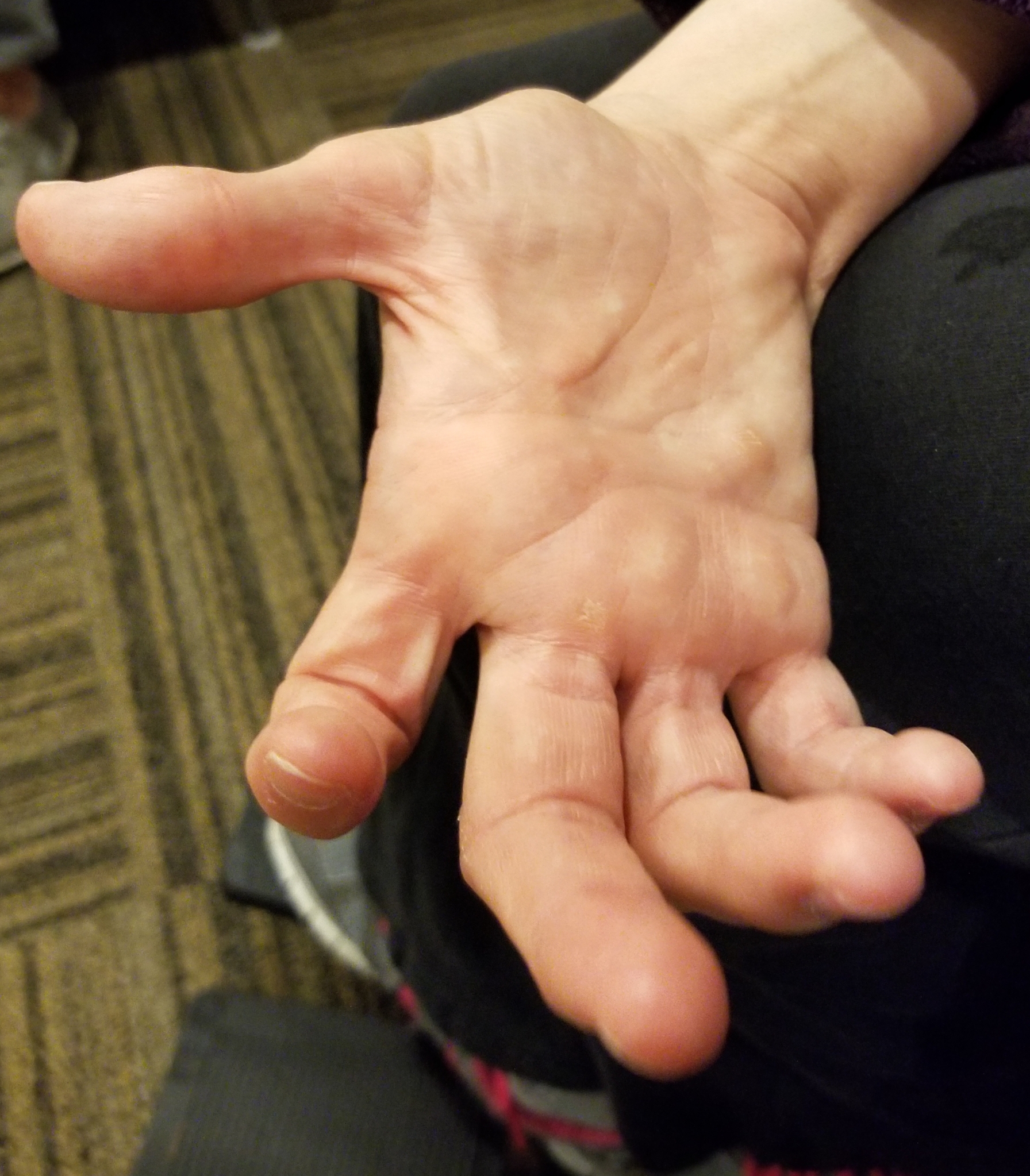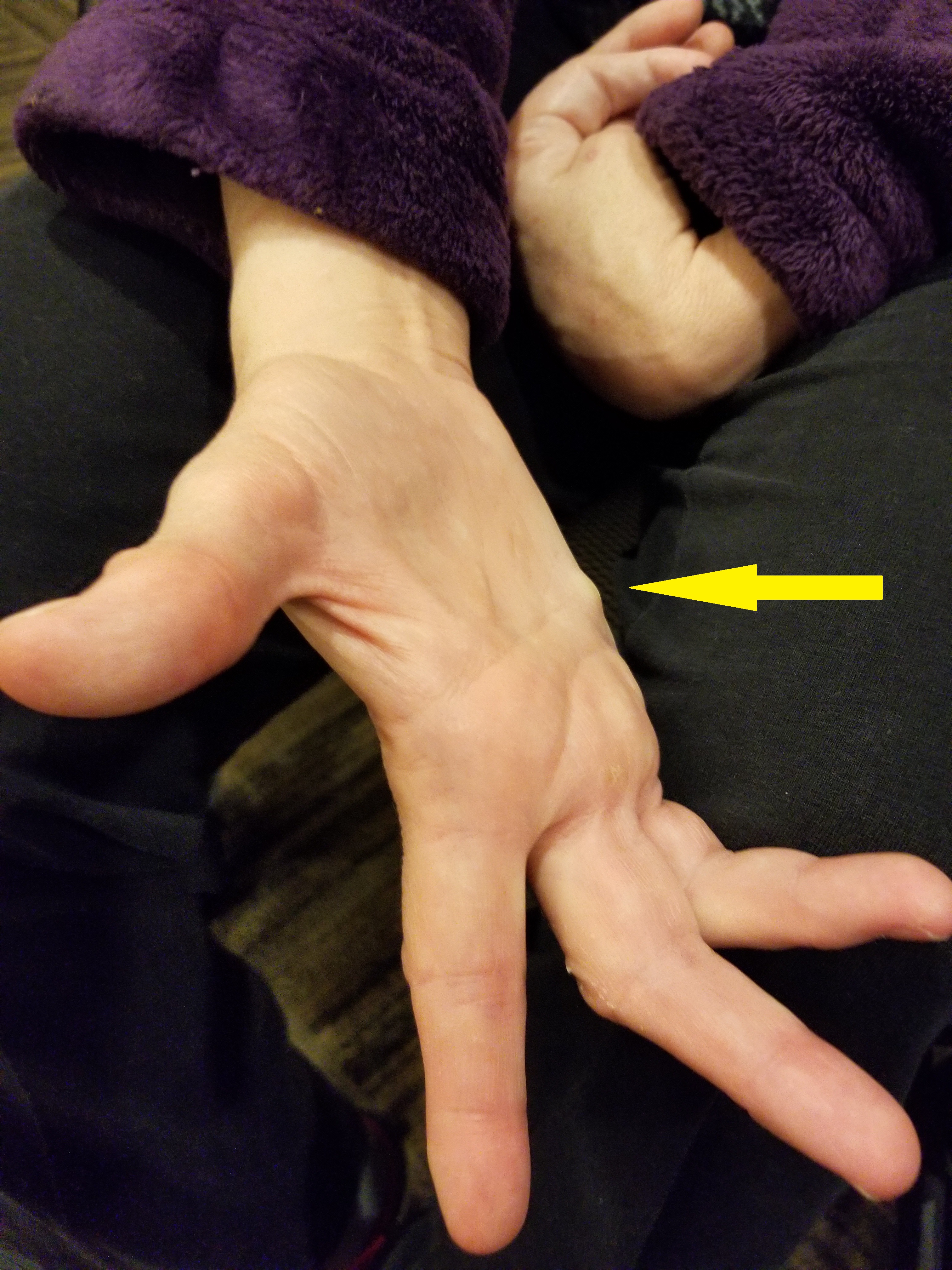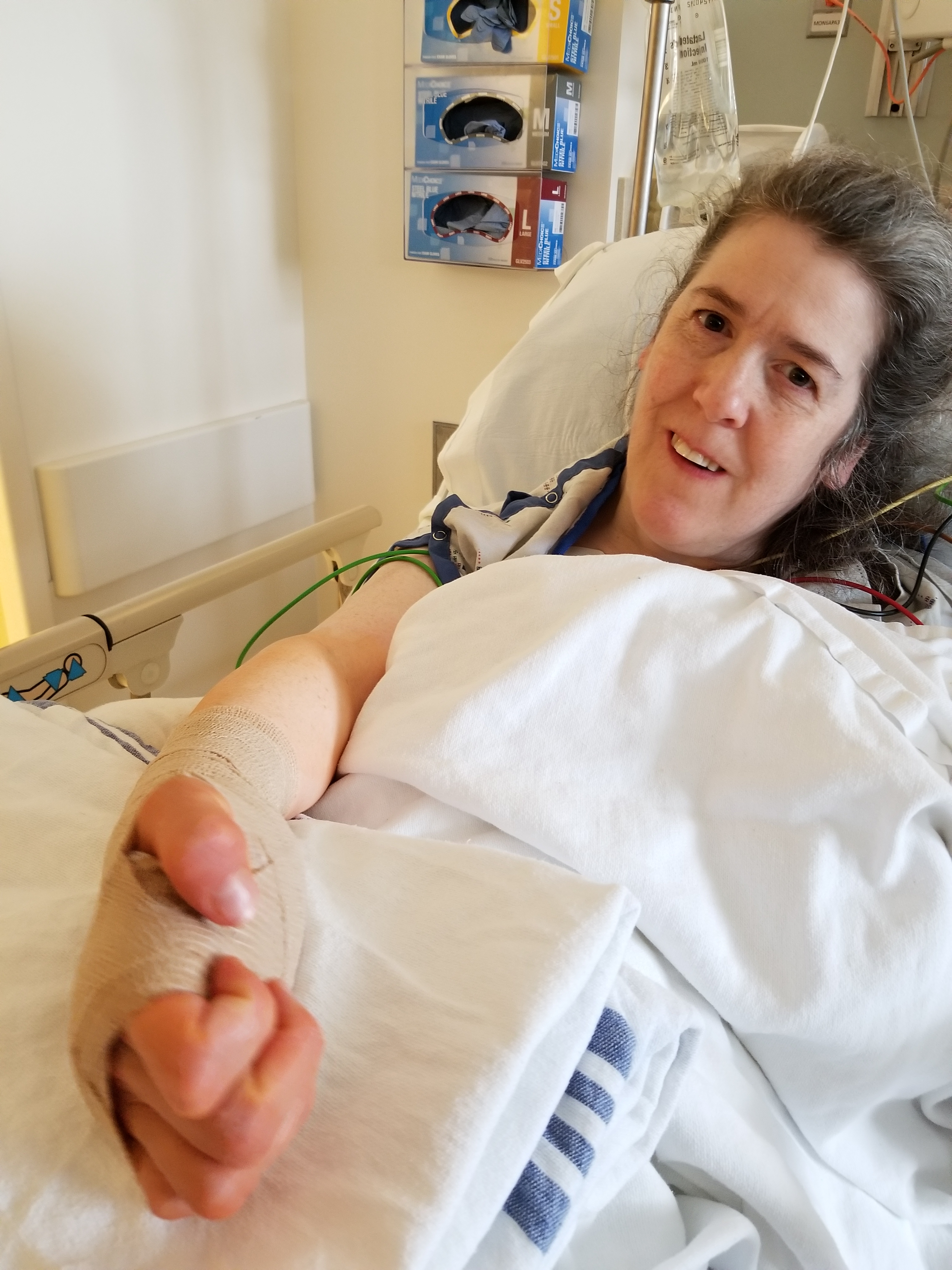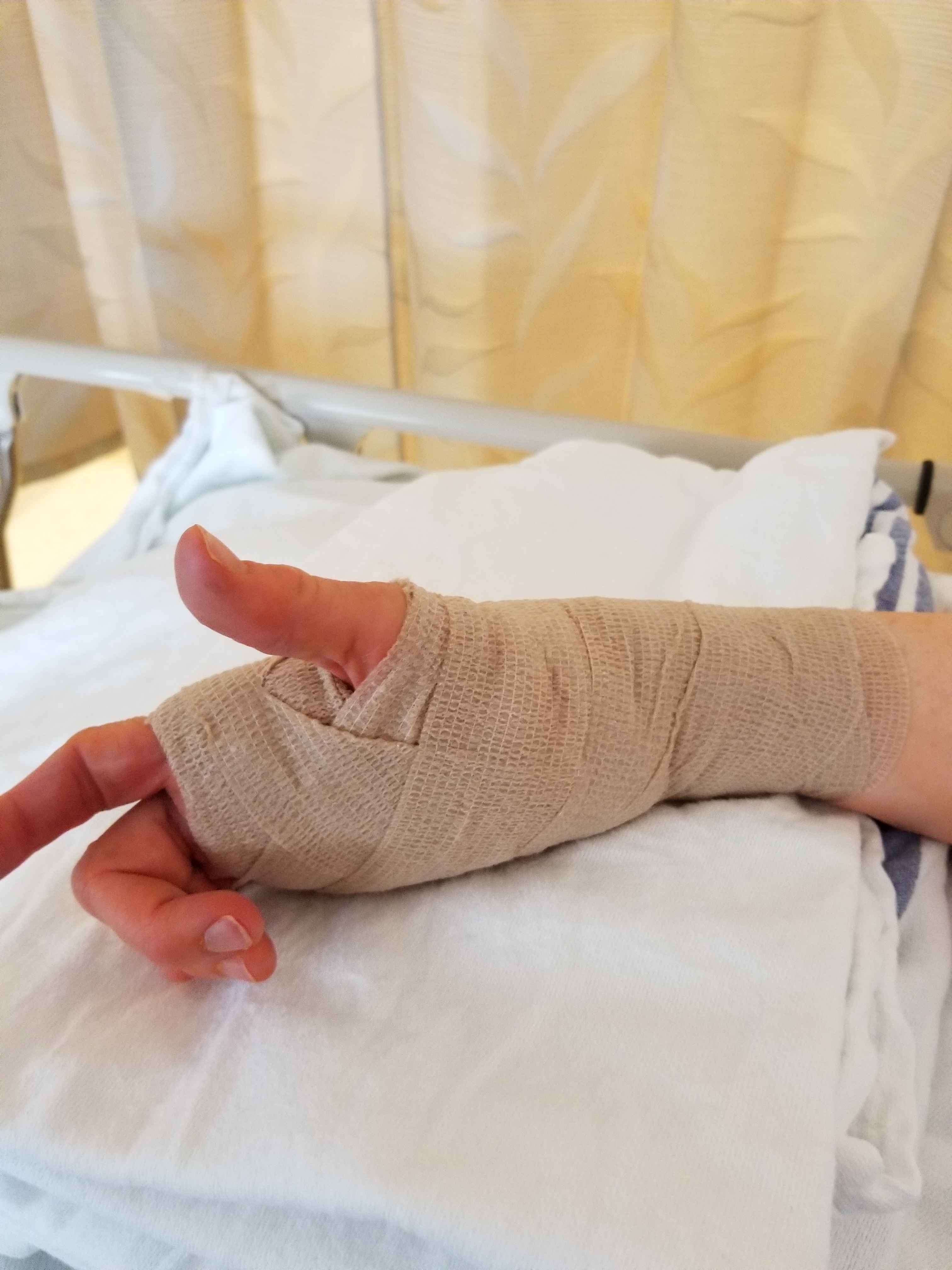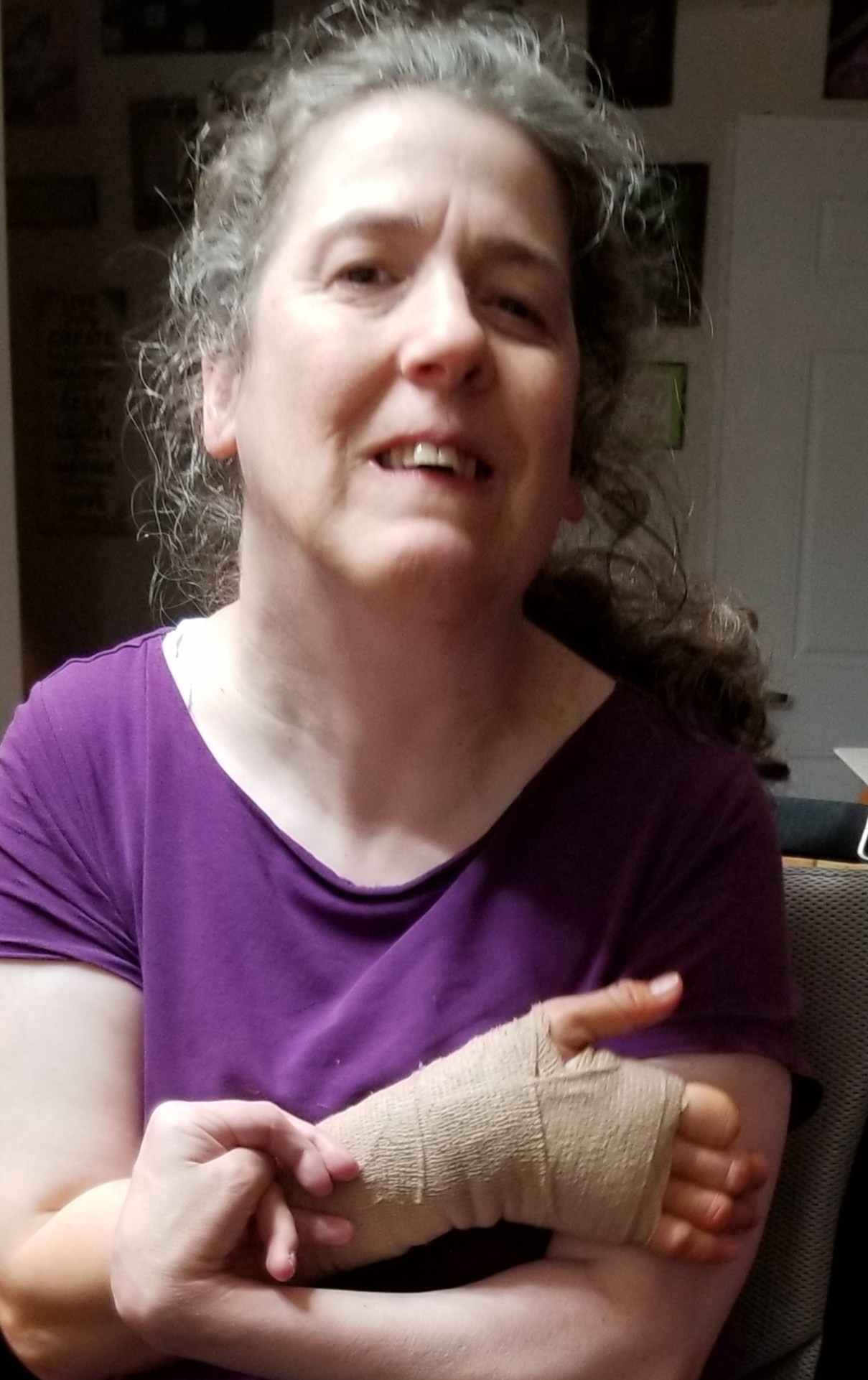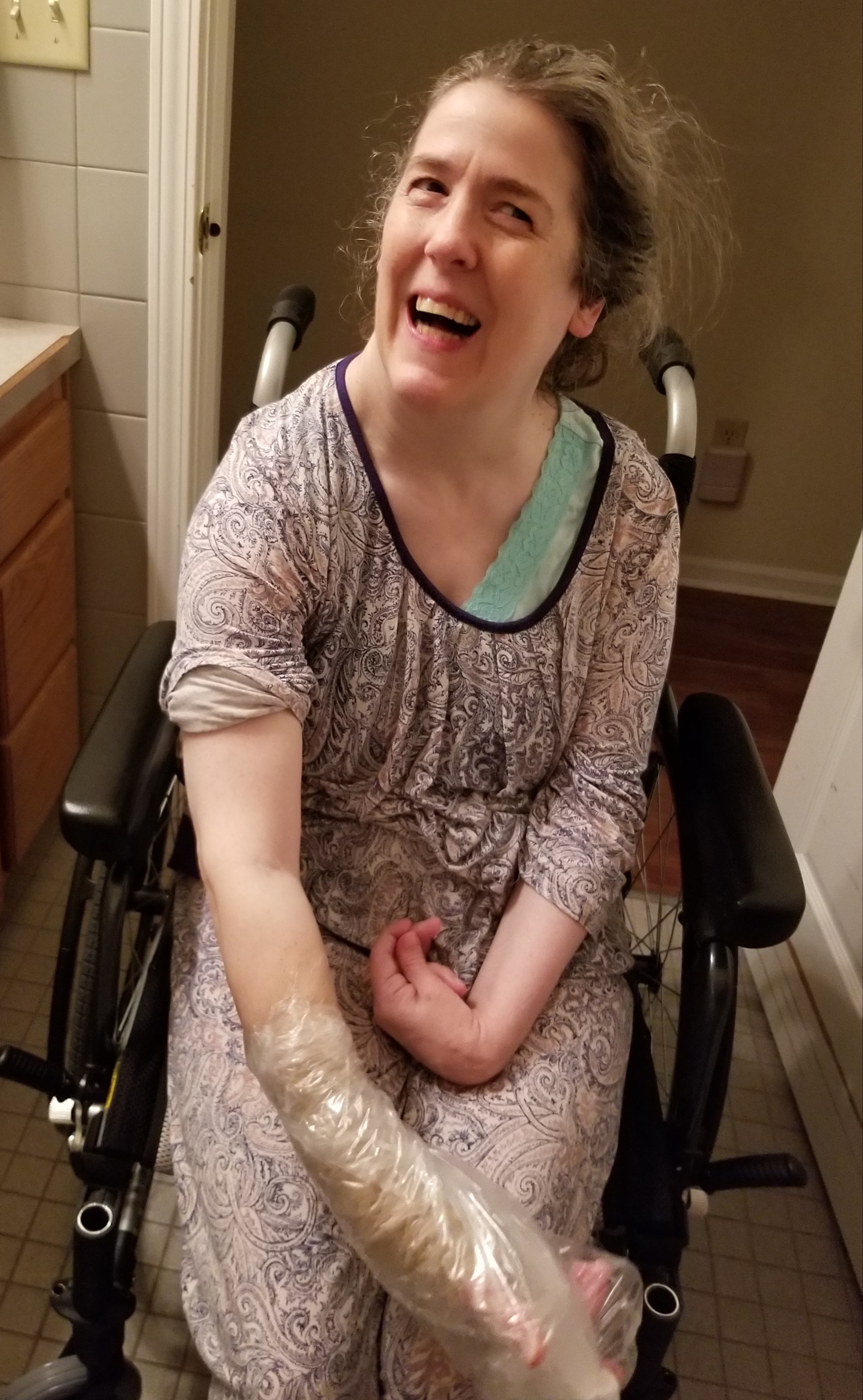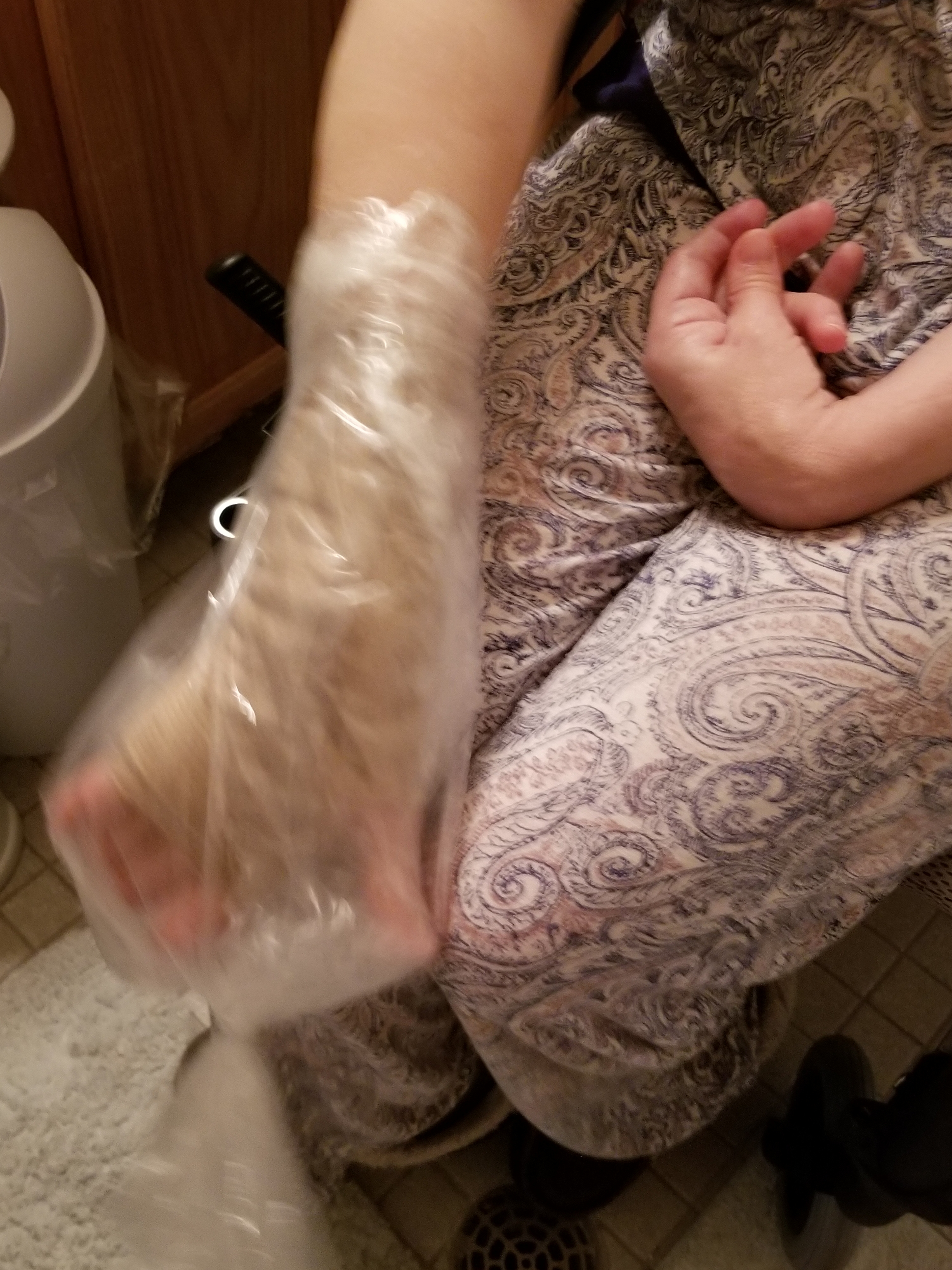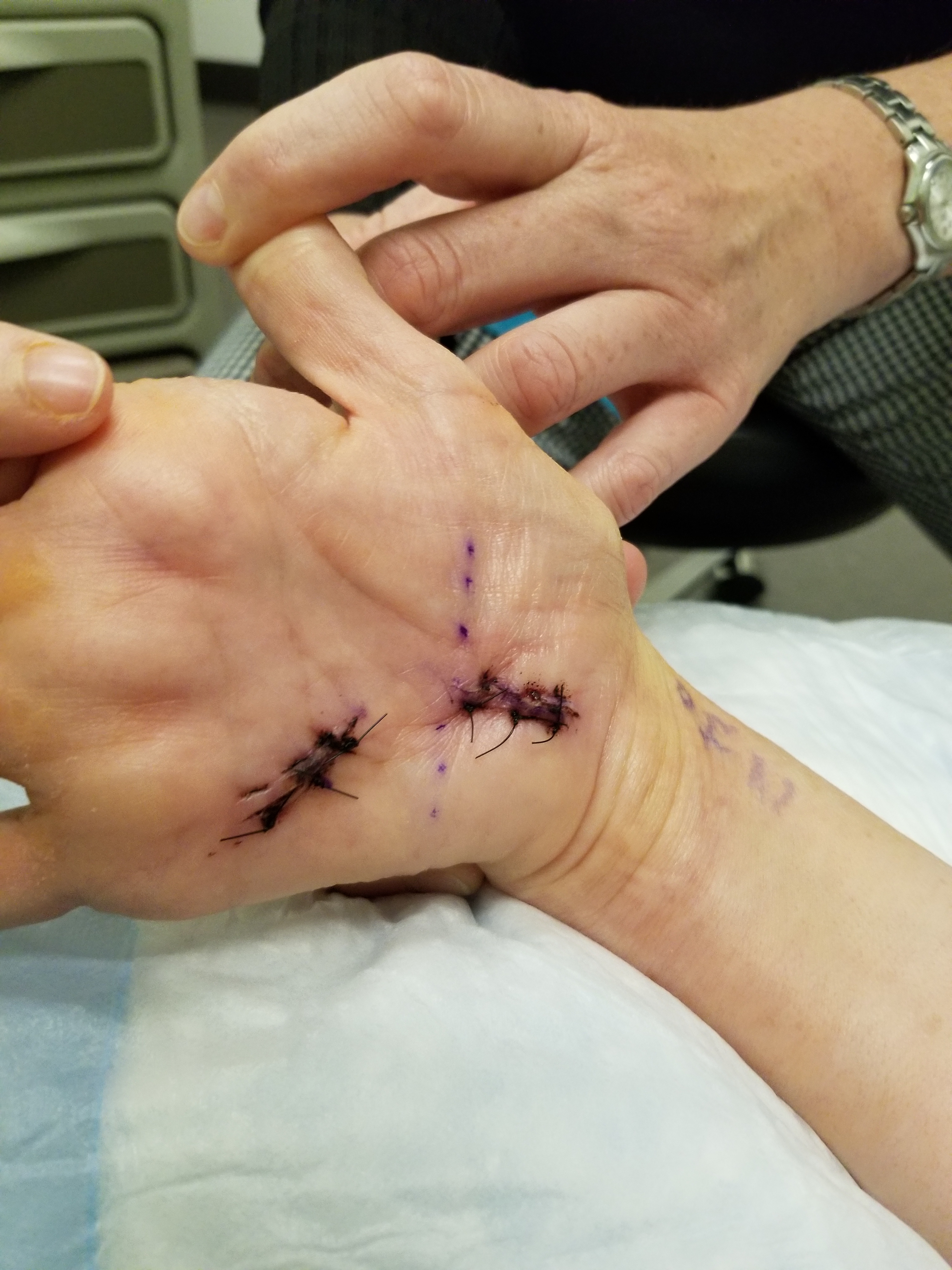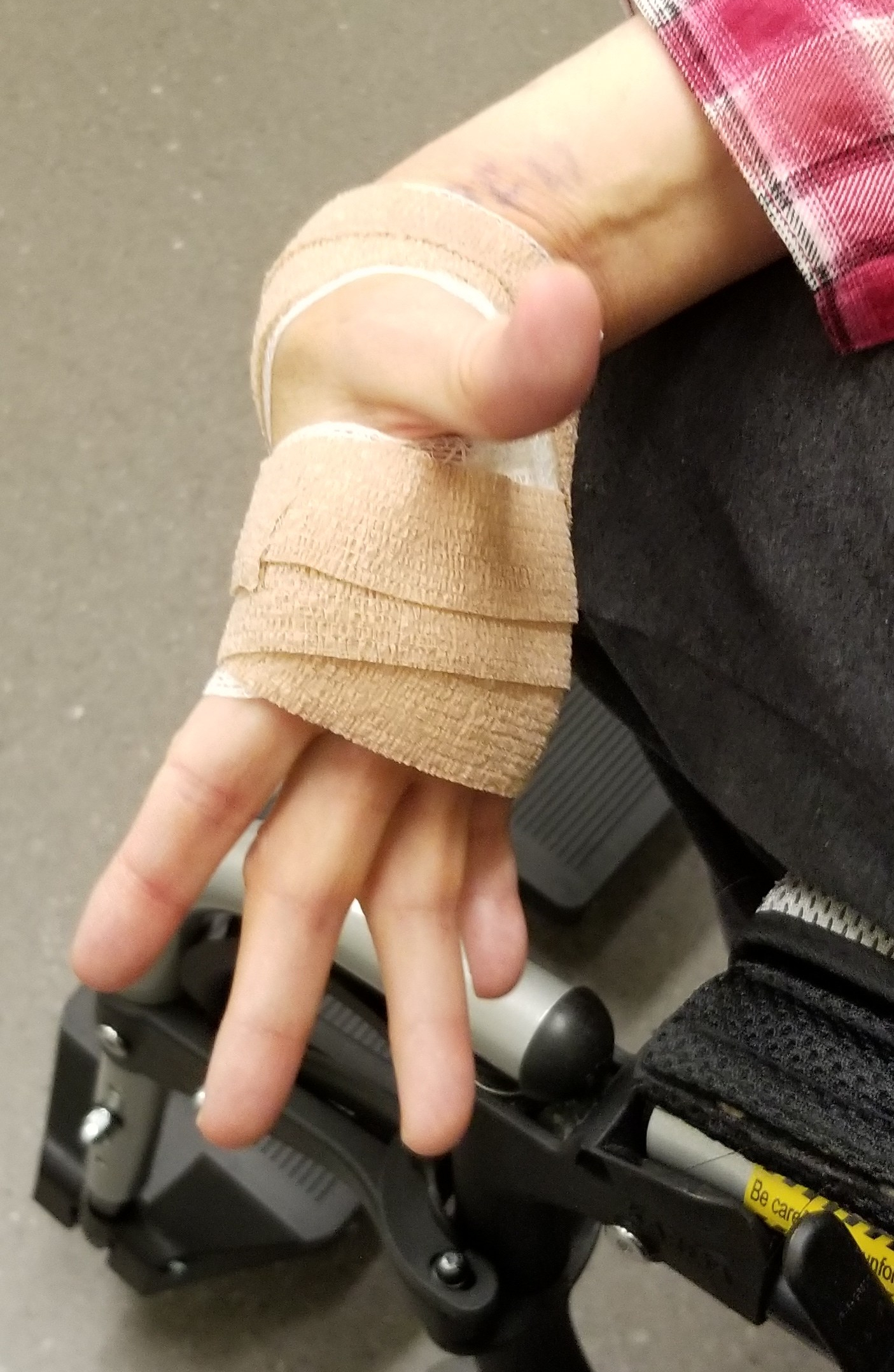In honor of March’s Disabilities Awareness Month, I would like to shed some light on how someone with a speech disability finds a way to communicate.
It is a fundamental right for everyone to express themselves by using whatever tools they have. As they grow, they learn better ways to communicate, and their tools evolve.
For people who have dysarthria (a difficulty in muscular control to make speech sounds, which can be due to the central nervous system not developing properly while the fetus is in the womb, a difficult birth, or an accident later in a person’s life). We need to find a way to communicate that is appropriate. Using an AAC device (Augmentative and Alternative Communication device) is one way to communicate with others. Usually, a person from someone’s circle of family, friends, teachers, or a therapist will help you find a speech pathologist who knows about AAC. The speech pathologist will talk with you and your team to get a feel for how you communicate currently, and your dreams of how you want to communicate in the future. Then you will be evaluated to find the best communication device match for your needs, skills, and hopes for the future.
So, now you have picked a communication device. What should you do next? For this article, I will be addressing the new AAC user. If it hasn’t been offered, ask for a trial period with the communication device. Trial periods are good because they will give you a chance to take a communication device home and see if you will use it. During this time, play with the device. Learn where to find as many words or messages as you can. Talk to yourself with the device, and when you are ready, talk to the people you feel most comfortable talking to. Make the device your own by programming your favorite sayings, likes, jokes, and things about you that you want ready to say when you need them. If you get to the end of the trial, and think this isn’t the device for you and want to try another device- that’s ok. There Is nothing wrong with that, after all, you have to live with the device.
Suppose you need your medical insurance to help pay for your communication device. That is okay! After all the paperwork has been submitted: you will likely have to wait three to six months until your communication device arrives. When you finally have your communication device, go to town and make the device your own. Program all the phrases you think you will have to say repeatedly to new people or want to say often. Don’t do what I did, by leaving your communication device’s voice off. Leaving it on will help it to become a part of your normal self. While learning to use your device, please be patient and kind to yourself. It will take you time to master your device, but one day you will have a conversation with a sister or stranger, and suddenly you will see that all your work has paid off.
I had my lightbulb moment when I visited my sister on a beautiful weekend. She wanted to be outside working in her yard. She said I was welcome to sit outside and enjoy the lovely day, as long as I didn’t try to talk. If I talked to her, she would have to stop her work and pay attention to what I was saying. I agreed to her terms. Before we went outside, I had my sister put the loaner device on my wheelchair. I said I needed to get my practice time in for the day. As it turned out my sister and I had a relaxed conversation with the aid of the communication device. My sister didn’t have to stop her yard work once to figure out a difficult word. She was 100% on board with me getting a communication device after that amazing talk!
If you are out in the community and a stranger wants to know, “What’s that thing that looks like a computer on your wheelchair?” In my experience, strangers will walk away when I look down to type my reply to them. Our eye contact is lost, and they may become nervous standing there. They might even think I have returned to playing my game, and they will simply walk away. So, I have a comment like the following: “I am not ignoring you, I am working on a reply for you. So, stay with me if you can.” it is also within your right to ask people to stop touching your communication device. Simply say, “Please, don’t touch my AAC device. I wouldn’t touch your phone, so please give me the same courtesy.”
One last thing. Never call yourself non-verbal. You are verbal if you can put together a sentence by writing, typing, or signing. If you experience 98% of people not understanding your natural voice, you are non-speaking. In my way of thinking, nonverbal means having no way of communicating with the people around you. If you know someone who exhibits frequent behavior outbursts, they might benefit from seeing a speech pathologist. Maybe there is an AAC device that could help them.
Filed under: Communication, Knowledge is Power, Memories, Self Determination | Tagged: asd, autism, Communication, education, technology | 1 Comment »


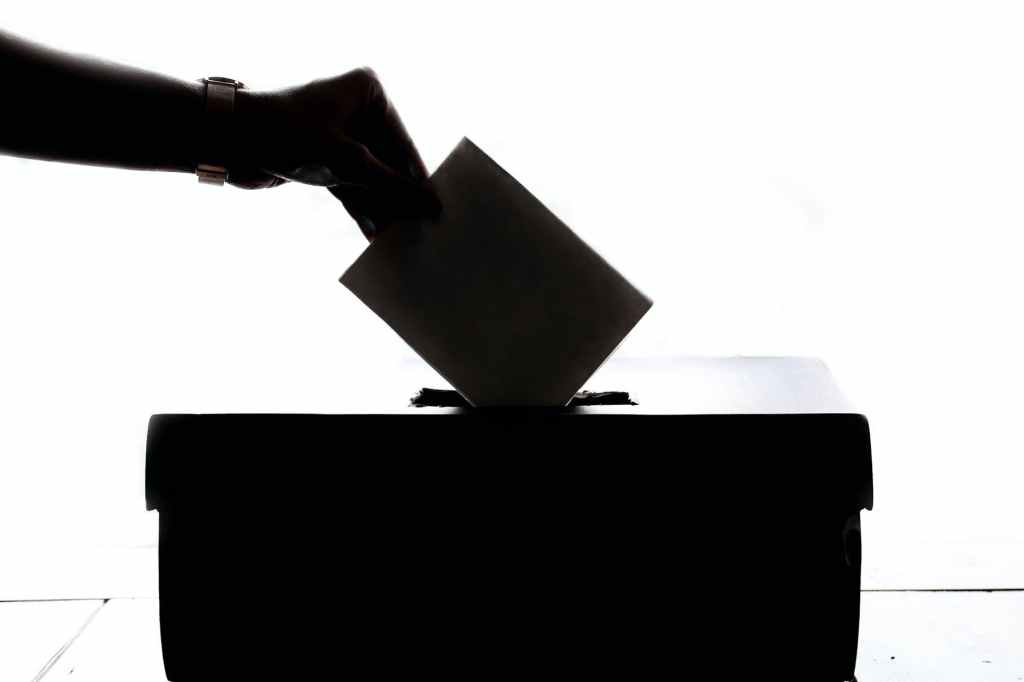
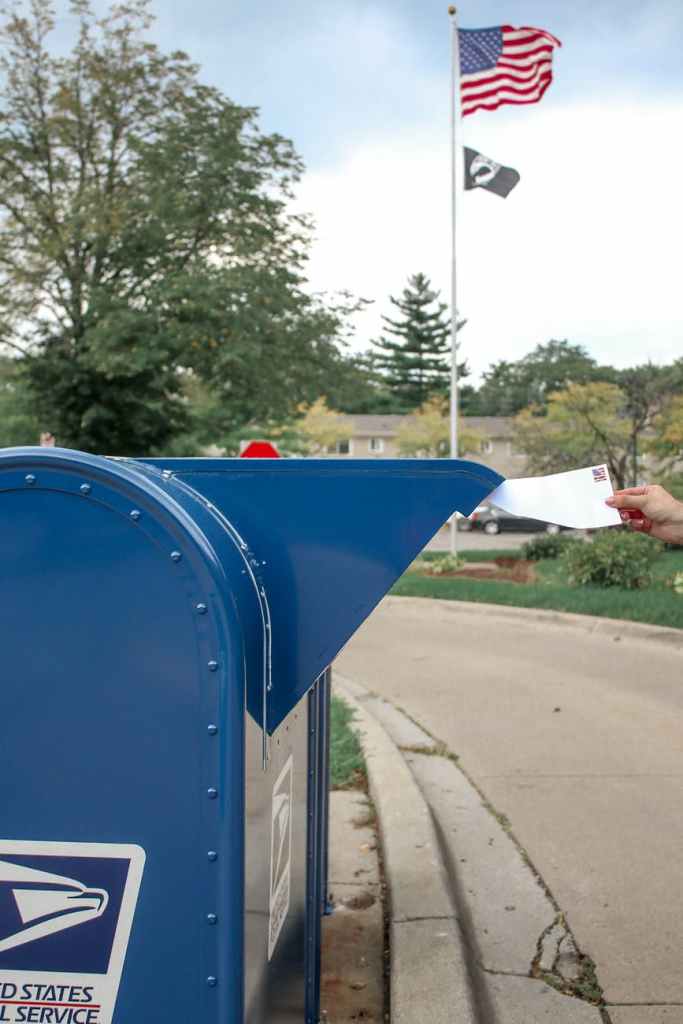


![20190110_153147[1]](https://jstaehely.files.wordpress.com/2019/03/20190110_1531471.jpg?w=450)
![20180625_102905[1] These eyes can melt hearts!](https://jstaehely.files.wordpress.com/2019/03/20180625_1029051.jpg?w=216&resize=216%2C183#038;h=183)
![20180517_091728[1] Ying and Yang!](https://jstaehely.files.wordpress.com/2019/03/20180517_0917281-1.jpg?w=244&resize=244%2C183#038;h=183)
